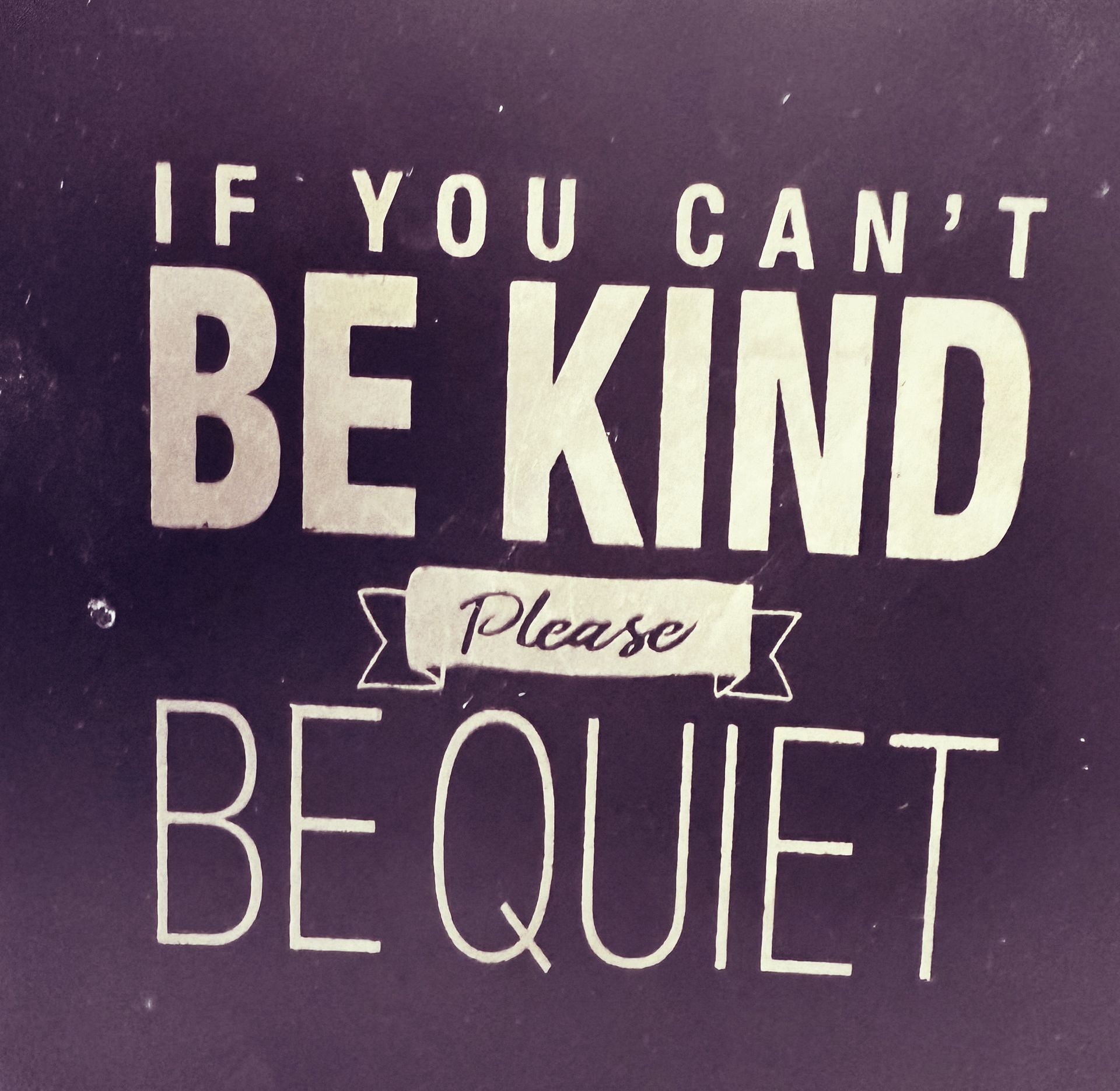Managers - wake up! Toxic people in the work environment are hurting your business.

So recently, while reflecting on a professional event, it dawned on me that there are so many people I come in contact with who are just plain negative. It amazes me how often workplace negativity is tolerated on such a widespread level that people can be unkind to one another, their clients, and even those they report to. In a professional world that leverages performance metrics for compensation, where almost every service or resource we consume is determined on some level by customer choice, how are we tolerating such toxicity that can erode the productivity of our workforce and the output of our businesses? I can’t imagine that organizations are not setting standards for person-to-person interaction or how we expect leadership and staff to engage with one another. This expectation for interaction at some level exists because each person with a role within the organization is being trusted to contribute to the business and, at the very least, be a representative of the organization in some way. Looking around at how some of these interactions occur is truly scary, especially in how people on the payroll conduct themselves and how people paying for services are experiencing the services. I think back to the business professors and nursing faculty I have studied under, and I shudder at what they would say. This flies in the face of all that is acceptable in a professional environment. What is happening?
Are leaders asleep at the wheel? If some of these relationships were personal relationships, they would easily be considered abusive. We spend so much time teaching children, patients, and families about healthy relationships, recognizing abuse, and setting safe boundaries, all the while we are allowing catastrophic destruction in the workplace. When did it become acceptable that one person is so valuable that their behavior can violate the healthy work environment of an entire office? Who decides that one person's mood determines the tone of an office? What job description includes a disclaimer that warns of the need to avoid coworkers who may be subject to rude or unprofessional behavior? Is the new trending job skill “works well in tense or hostile work environments”?
What are the consequences of ignoring this? We see quality decline, the erosion of standardization, and poor morale. So, what’s the reason that we allow these things to happen? Are we ill-equipped to properly vet during hiring? Is it because our managers aren’t prepared to deal with hard conversations? Is it because society is so litigious that we don’t have the resources to approach these conversations in a way that doesn’t end up in a courtroom, or are we afraid to? Is it because we need staff so desperately that we allow mediocre or unprofessional behavior to continue simply so we can continue operating? Is this fair to the people who do the job and come to work every day, putting their personal issues, stresses, or concerns outside of the job aside and still perform? Is it fair to them that we allow these other people to make the work environment uncomfortable, and change how they feel in their surroundings to accommodate the small number of people allowed to carry on in an unprofessional way, or even below standard? The answer is a resounding no. This is unacceptable and unfair.
So whose fault is this? Is it the managers who don’t align organizational values with the performance of these individual employees? Is it the staff or the peers who don’t speak up and talk about how uncomfortable it makes them, so this behavior becomes normalized? Is it HR that protects the organization in response to complaints? Or is all the ownership solely on the employee acting this way? I’d argue that it’s a combination of all this, perpetuated by the overarching demand for output at all levels, with pressures of limited resources. As mentioned, if this were outside of a professional workspace, these relationships would be considered abusive.
Similar to sexual harassment training, there is a responsibility on the person experiencing this situation to make it clear that it’s unwelcome, unprofessional, and problematic. It is the responsibility of the misbehaving person to act accordingly and adjust. Finally, leadership is responsible for holding offenders accountable when they’re not meeting the standard and ensuring safe, productive workplace environments for staff and clients.
At an event recently, I heard a leader say something about addressing unacceptable behavior in the workplace. The comment was fascinating in suggesting that there may have been a need to address increases in reports of unprofessional or inappropriate behavior in the workplace. Even more surprising was that the context and the group this addressed were not a group of professionals that one would expect to see these behaviors. At some level, it saddened me, no, disappointed me, that every level of experience and education seems to have lost the value in professional acumen. If that was not enough, the challenge was that the obstacle worsened with the time it took for people to communicate the need to address these issues to come forward.
This message relayed to me more about the organizational culture problem than the problem with any individual. A culture that tolerates unprofessional behavior, fails to respond appropriately to reports, or protects those who commit these instances will fall short in encouraging individuals to feel empowered to come forward when there is a problem. People in the workplace affected by this behavior will continue to be subjected to hostility, leave, or perform poorly under these conditions due to broken trust in a system they believe will not protect them from unprofessional behavior.
Managers and leaders - wake up. Safe work environments, empowerment, and professionalism are not talking points - they are minimum modelable standards. You are just as responsible for the damage if you hide toxic behavior in your workplace.


